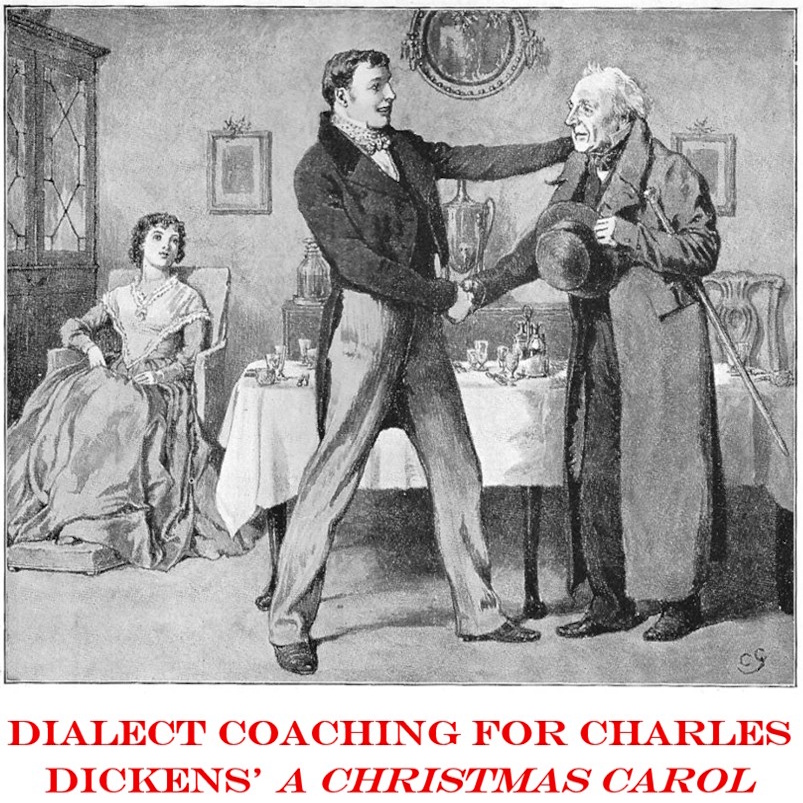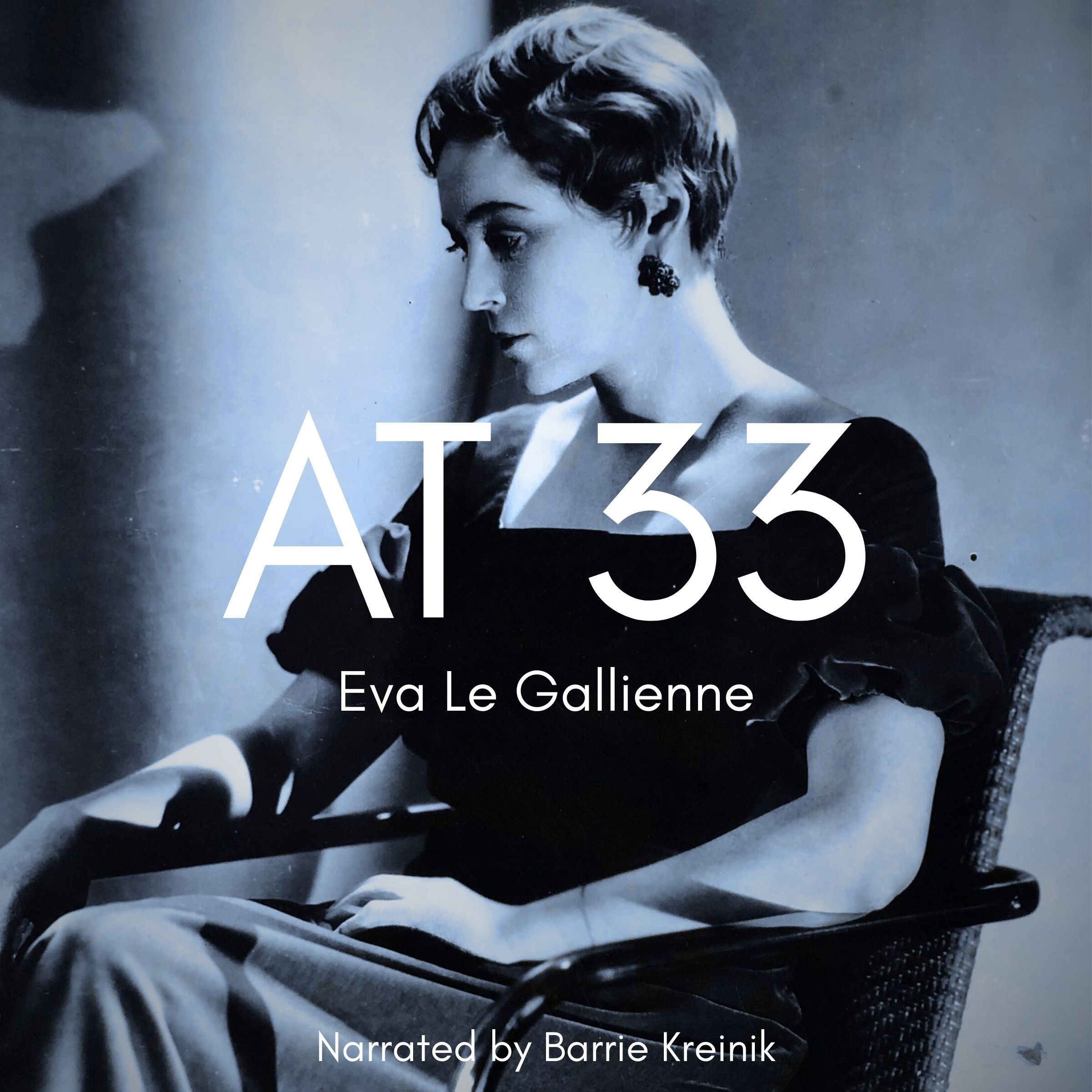Guangdong 4
Listen to Guangdong 4, a 24-year-old man from Sunwui City, Kwangtung (or Xinhui), Guangdong Province, China. Click or tap the triangle-shaped play button to hear the subject.
Both as a courtesy and to comply with copyright law, please remember to credit IDEA for direct or indirect use of samples. IDEA is a free resource; please consider supporting us.
BIOGRAPHICAL INFORMATION
AGE: 24
DATE OF BIRTH (DD/MM/YYYY): 15/11/1993
PLACE OF BIRTH: Sunwui 新會 (Kwangtung, Guangdong), now called Xinhui
GENDER: male
ETHNICITY: Sunwui Szeyap Cantonese (廣東四邑新會人)
OCCUPATION: tuition teacher
EDUCATION: bachelor’s degree
AREAS OF RESIDENCE OUTSIDE REPRESENTATIVE REGION FOR LONGER THAN SIX MONTHS:
The speaker immigrated to Macau, in the Special Administration Region (SAR) of China, in 2012 and was still living there at the time of this interview. He spends most of his time in Macau but sometimes goes back to his hometown of Sunwui when he is on vacation.
OTHER INFLUENCES ON SPEECH:
The speaker was born in the Sunwui City of Kwangtung, China. His mother tongue is the dialect of Sunwui (新會話), belonging to Szeyap Cantonese(粵語四邑話), a special dialect with a heavier tone; the dialect is different from the standard Cantonese, which is spoken in the most area of Kwangtung, HongKong, and Macau. Sometimes he speaks the standard Cantonese to communicate with Kwangtung, Hong Kong, and Macau people who cannot understand the Sunwui dialect. English was not his first language, so when he speaks English, he has an accent of the Sunwui dialect and the Cantonese.
The text used in our recordings of scripted speech can be found by clicking here.
RECORDED BY: Subject
DATE OF RECORDING (DD/MM/YYYY):
PHONETIC TRANSCRIPTION OF SCRIPTED SPEECH: N/A
TRANSCRIBED BY: N/A
DATE OF TRANSCRIPTION (DD/MM/YYYY): N/A
ORTHOGRAPHIC TRANSCRIPTION OF UNSCRIPTED SPEECH:
I was born in Sunwui, a small city but with abundant and anitique [sic] old culture in Kwangtung. Sunwui was built as a city in about 1600 years ago (about San Guo 三國 or Xi Jin 西晉 in Chinese Era). In the 13th century, the Mongolian invaded the Song Dynasty, and the last, emperor, Song emperor with the general jumped into the Sunwui Ngai Mun 崖門 Sea (and it was called Ngai San 厓山 at that time). To mourn the perish of the Song Dynasty, the Chinese poet once said “厓山之後無中華,” which is mean after the emperor jumped into the Ngai San Sea, the greatest time of the ancient China has gone.
In the late 19th century, a famous politician of China whose name 梁啓超 was born in Sunwui. He was known as “The Mind of Modern China” and built many modern school in Sunwui. Sunwui was famous for the old orange peel, and it is called “陳皮 (Tshen Phei)” in Sunwui dialect. “陳皮 (Tshen Phei)” is a valuable Chinese medicine that could heal the cough, even the lung disease. Sunwui is one of the famous China oversea town. Many local people immgrated to Hong Kong, Macau, Singapore, the USA, the Canada, etc. The Sunwui dialect is also spoken in these foreign Chinese community; uh, it is like the nearby town’s dialect, 台山話 Toishanese. There are nine tones in Sunwui dialect, like most of the Cantonese dialects, but the tones are quite different from the Standard Cantonese. Uh, for example, I read it: 詩 si means poem; 時 si means time; 史 si, uh, means history; 市 si, uh, means the city; 是 si means is; 北 bak means north; 百 bak means hundred; 伯 bak means the uncle (um, which is means the father’s elder brother); 白 bak means white.
Actually, this kind of accent was not really happened in, in our Sunwui city when the students learned English for many years; they would, they would even speak the standard accent like the American or the British.
Um, we Sunwuiese proud of our hometown. Even though they leave their hometown for living, they will not forget the Sunwui and always try to make contribution to Sunwui. I hope that one day the world’s people will know our Sunwui culture. Uh, that’s what I am working, hardworking for. Thank you.
TRANSCRIBED BY: Subject
DATE OF TRANSCRIPTION (DD/MM/YYYY): 05/06/2018
PHONETIC TRANSCRIPTION OF UNSCRIPTED SPEECH: N/A
TRANSCRIBED BY: N/A
DATE OF TRANSCRIPTION (DD/MM/YYYY): N/A
SCHOLARLY COMMENTARY: N/A
COMMENTARY BY: N/A
DATE OF COMMENTARY (DD/MM/YYYY): N/A
The archive provides:
- Recordings of accent/dialect speakers from the region you select.
- Text of the speakers’ biographical details.
- Scholarly commentary and analysis in some cases.
- In most cases, an orthographic transcription of the speakers’ unscripted speech. In a small number of cases, you will also find a narrow phonetic transcription of the sample (see Phonetic Transcriptions for a complete list). The recordings average four minutes in length and feature both the reading of one of two standard passages, and some unscripted speech. The two passages are Comma Gets a Cure (currently our standard passage) and The Rainbow Passage (used in our earliest recordings).
For instructional materials or coaching in the accents and dialects represented here, please go to Other Dialect Services.
 IDEA: International Dialects of English Archive
IDEA: International Dialects of English Archive




